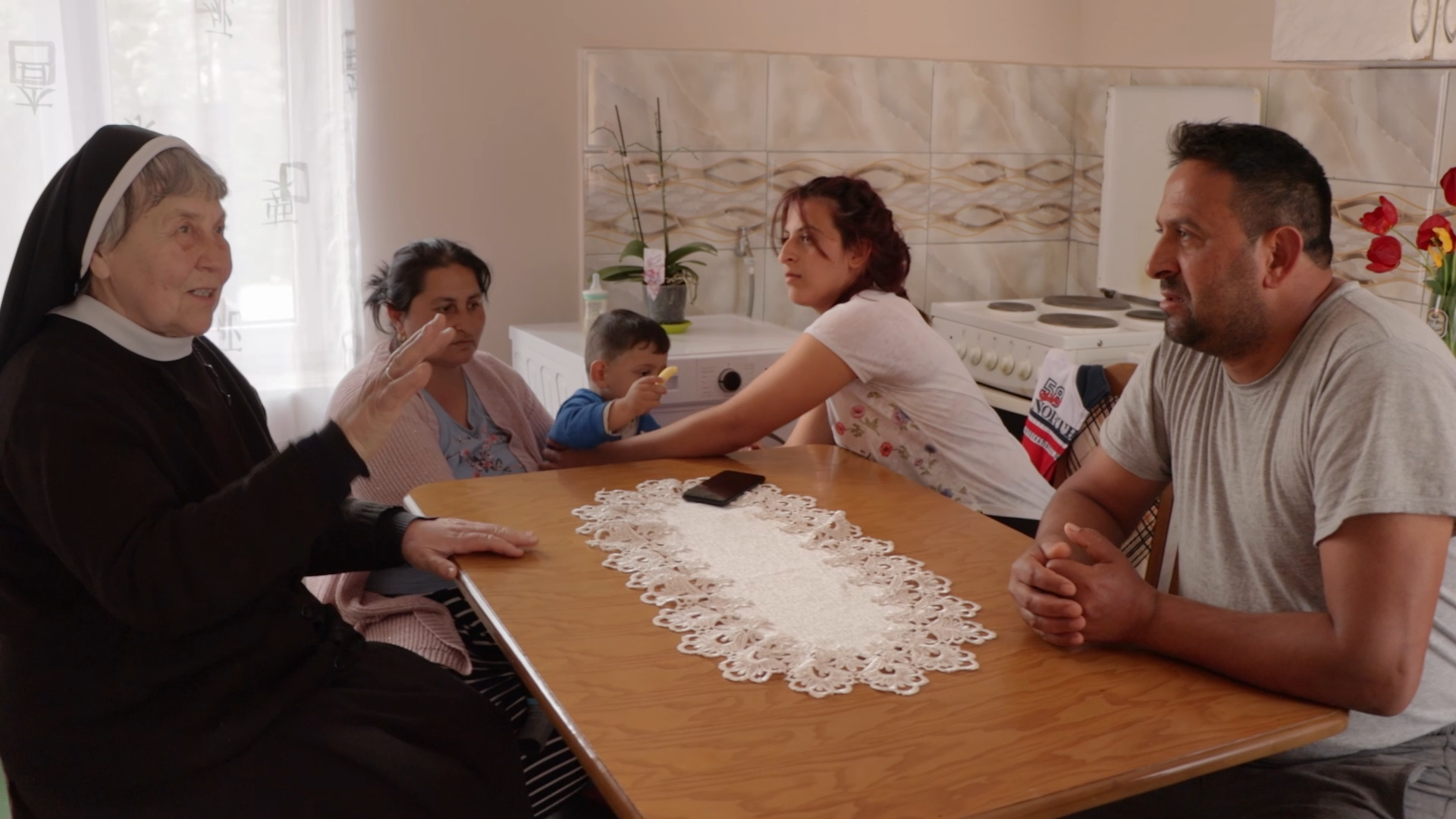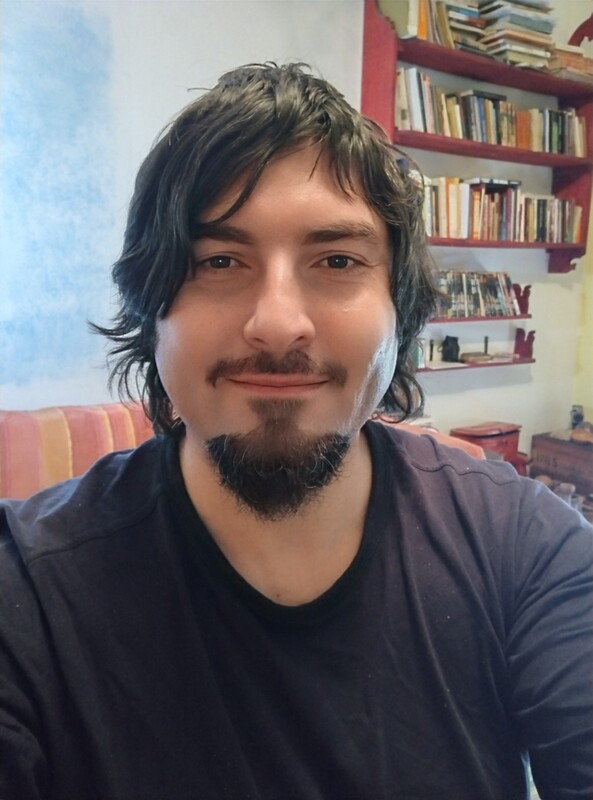A dignified series on Roma culture
The screening of the series Roma Cosmos at the Yugoslav Film Archive as part of the programs in focus and the Panorama program at the Ethnographic Museum have closed the 32nd International Festival of Ethnological Film.
During the event, from September 29 to October 3, more than fifty documentaries and three feature films divided into five selections were screened at the Ethnographic Museum and the Yugoslav Film Archive, with the Grand Prix award of the Festival given to the film “The Shift” by the Slovakian author Jaro Vojtek.
The series “Roma Cosmos” is an unique ethnological project by Radio Television Vojvodina, created in cooperation with the Creative Industries Cluster, and it describes the evolution of the Roma community in the 21st century through five episodes dedicated to different segments of contemporary Roma culture.
By investigating the contemporary attitude of the Roma towards religion, dealing with the topic of written, unwritten and musical expression, but also the wedding customs and the current attitude towards mixed marriages, the director and screenwriter Bojan Dakić, together with his collaborators, managed to present a true and emotional testimony through filmic language, avoiding the widespread stereotypes about Roma.
In the five episodes, titled “Seeking God, you find everything”, “Every bird sings its own song”, “Both black and white have red blood”, “Romani prince”, and “Like the tree, so is the apple”, and through conversations with representatives of the Roma community, the documentary series “Roma Cosmos” testifies to the modern way of life of the ethnological community, which through specific mechanisms and customs managed to preserve its unique features, despite the fact that, as they acknowledge, “the times have changed”.

Through open conversations with the audience after the screening, the crew of the “Roma Cosmos” series has shown that films that raise questions and seek answers have their place both in television programs and as part of the festival program.
Bojan Dakić, as director and one of the screenwriters, talked to us about the “Roma Cosmos” project, which is more than a television series.
- The creator of the idea of this project is Rastislav Durman, creative producer. He had an idea about this series more than three years before the start of pre-production. The filming itself lasted for three years. The idea was to portray the contemporary Roma community in those five episodes, which were more adapted to the television format.
But the series also stands on its own as a film?
- As a director, I wanted it to have that mix, to use the form that may be watched more than once, to be intriguing in the sense that the viewer wants to see it more than once, to evoke empathy since there is no protagonist in the classical sense. The idea was to present that intangible cultural heritage to see how far the relationship between the Roma and their religion has travelled, that is, how far they have come in spirituality, but also in all other segments of life.
Did the “Roma Cosmos” series manage to avoid all the pitfalls of falling into stereotypes?
- We were lucky that we did not engage in stereotypes at all, and instead we observed the Roma population as a developing community. We are now at the historical point when we could see exactly what was happening in terms of language, religion, spirituality, as well as music, and especially music, which is one of their most important means of expression. By comparing the familiar with the new situation, we managed to explain the contemporary Roma culture in the language of television and film, and through this analysis we came to the result that was arranged in the series “Roma Cosmos”. The series is the result of our observation, our understanding, and after many so-called pop-cultural works, we really wanted, and it seems to me that we succeeded, to make a dignified series about Roma culture.

You said that the series was filmed for about three years, how did you find the time for thorough work on this series?
- Thanks to the cooperation that we established between Radio Television of Vojvodina and the Creative Industries Cluster of Vojvodina, we managed to set up “Roma Cosmos” as a separate project, outside the production line of RTV, and we worked on it after we finished our work on regular daily production. During the work on the series, we had to deal with Covid and the lockdown, as well as the ban on mass gatherings, we had to wait for many people to return from vacations, for the team to be in place, many factors had to be coordinated, so in the end we worked for six months on one episode.
What was the journey of the series before the screening at the Festival of Ethnological Film, and how was the series received?
- About two weeks ago, our series was broadcasted at television for the third time, and the response was fantastic. It was accepted by the Roma and non-Roma population, both by the people, as we often say, and by the educated part of the Roma population. We all expected that, as we regularly receive letters and comments, someone would come forward with a negative evaluation of our series, but no one came forward. Not in that sense.
Why “Roma Cosmos”?
- That title was proposed by Branko Đurić, the son of the late Rajko Đurić, a famous romologist and world-renowned authority on the Romani issue, the president of the Romani organization at the world level. It is a translation of the Romani word “Rromanipen”, which includes the overall philosophy of Roma life and everything related to Roma belongs to that word “Rromanipen”. The closest translation of the word “Rromanipen” would be the Roma cosmos, the Roma world, the Roma universe.
Olivera Stojimirović

Bojan Dakić
